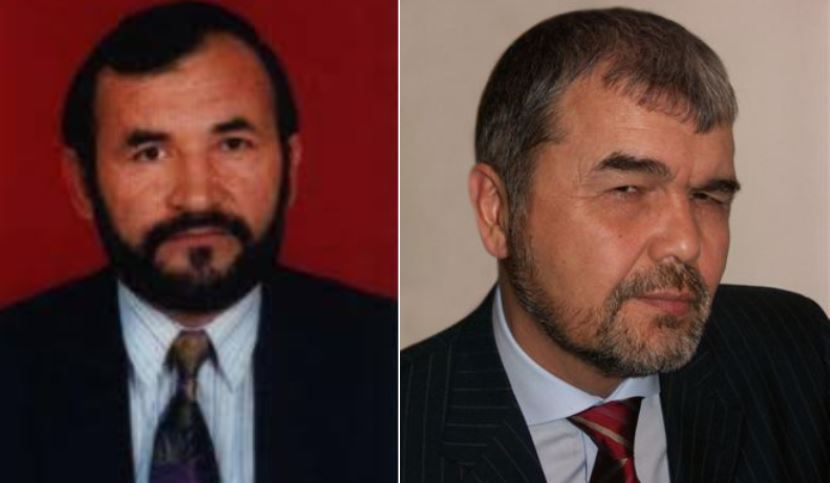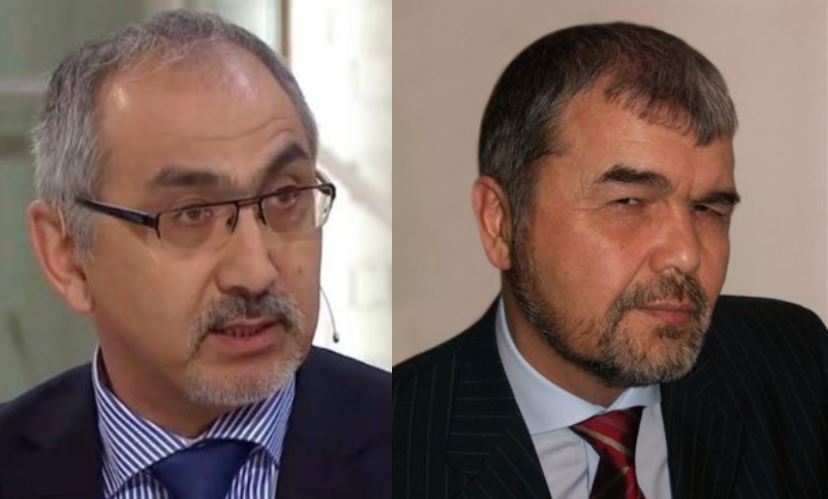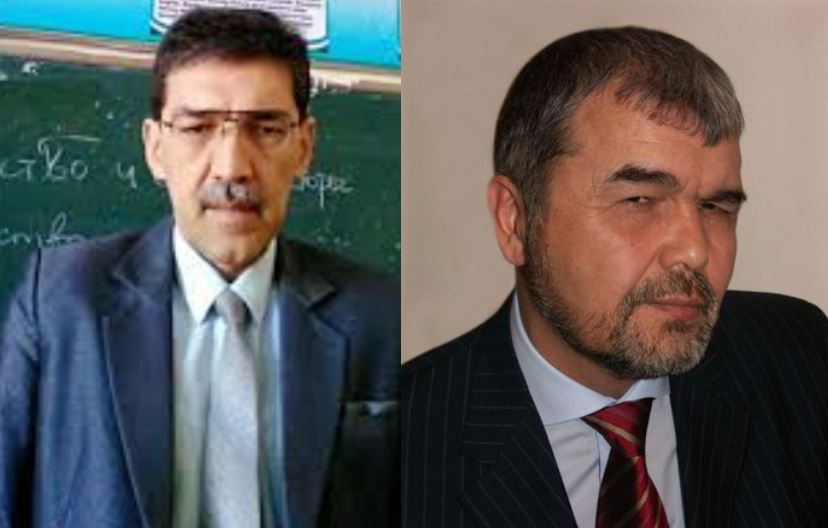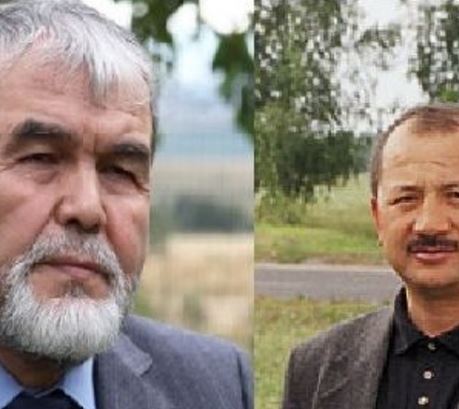Prominent Uzbek human rights activist Agzam Turgunov, serving for four years in prison, complains that his rights are being grossly violated.
Prisoner from the “black list”
Human rights activist Agzam Turgunov considers his detention unlawful and complains that his written complaints about reviewing his case sent to Ombudsman, who is a responsible person for human rights under Parliament of the Republic of Uzbekistan, to the Prosecutor General and the country’s Supreme Court, are staying within jail. This was reported by Mutabar Tajibaeva, the head of the International Human Rights Organization “Fiery Hearts Club”.
“One of the reasons that the written complaint does not get out of jail is that Agzam Turgunov was included into the “black list” of the authorities. Such “black lists” exist in prisons and mostly include prisoners detained for political and religious reasons. Correspondence of prisoners from the “black list”, even their private communication with relatives, is closely checked not only by the prison administration, but also by representatives of special services that are attached to these detention institutions,” says Tajibayeva.
According to the head of “Fiery Hearts Club”, Agzam Turgunov, whose written complaints remain unaddressed, is considered by authorities, who are responsible for enforcing laws and defending human rights, as yet another isolated prisoner.
Tadjibayeva says that they even consider it tiresome to answer his complaints.
“At the meetings of the United Nations, dedicated to Uzbekistan, Tashkent’s officials assert that they are very serious towards human rights issues, instead of implementing the recommendations given by the UN Working Group based on individual complaints of victims of torture and unfair trials, as well as human rights defenders, who work under tight control and imprisoned, and, on contrary, they keep silence about the fate of those, whose rights are violated even worse for their cooperation with the United Nations,” says Tajibayeva.
Censorship of letters in prison
The United Nations Working Group on Arbitrary Detention, which studied the case of Agzam Turgunov and decided that “conviction and arrest of human rights defender completely conflicts to international law,” sent its first request to the Government of Uzbekistan on February 3, 2011.
The second request was sent on September 12, 2011. However, the Uzbek authorities not only do not resolve violations of law regarding the human rights defender, outlined in the conclusion of the UN working group that consists of 54 points, but also leaves all written complaints of Agzam Turgunov unanswered.
According to Mutabar Tajibayeva, there is a special Prosecutor Office to supervise the observance of the law at penitentiary institutions of Uzbekistan. The representatives of this Prosecutor’s Office must often visit prisons and meet with prisoners, talk with them, learn about their problems. Moreover, organization of such meetings with prisoners is also a direct responsibility of representatives of the Ombudsman.
“But when I was in prison, I never witnessed when representatives of the Ombudsman visited the prison and talked with convicts. When in prison, I wrote more than a hundred complaints to Sayora Rashidova asking her to visit women’s prison, to meet with me and help to stop the torture I faced in prison. But all my letters went unanswered. On the contrary, I was tortured even more after this,” says the human rights activist.
She says that secrecy of prisoners’ correspondence is ensured in the Penal Code of Uzbekistan, which has a separate article about it. Despite this, says human rights activist, prison officials continually check mailboxes and censor every written complaint by the prisoners. The prisoner, who wrote about the violation of their rights or other problems in the prison, is placed in an isolation cell and faces increased pressure, says Tadjibaeva.
“I believe that human rights organizations must demand from the Ombudsman and special prosecutor, in charge of supervising compliance with the laws in penitentiary institutions, to meet Agzam Turgunov, to learn why his written complaints are being censored and disappearing inside the prison, and to take the necessary measures for prison staff, who are responsible sending the prisoners’ correspondence to necessary institutions”, says Tajibayeva.
The head of the human rights organization “Mazlum” (“Oppressed”) and opposition member Agzam Turgunov was arrested in July 2008 in the capital of Karakalpakstan, where he came from Tashkent to represent the interests of Muborak Salaeva, resident of Nukus, in property dispute with her ex-husband Oybek Hujoboev.
After the arrest, human rights activist was accused of extortion. On October 23, 2011, the Amu Darya district court of Karakalpakstan sentenced Agzam Turgunov to ten years in prison. In December 11, the Appeal Commission of the Supreme Court heard the case of the rights defender and upheld the initial decision by district court.
Agzam Turgunov is serving his term in one of the colonies in Karshi.
International and local human rights organizations believe the charges against Turgunov were fabricated, and state that the main target of the Uzbek authorities was Turgunov human rights activities.





